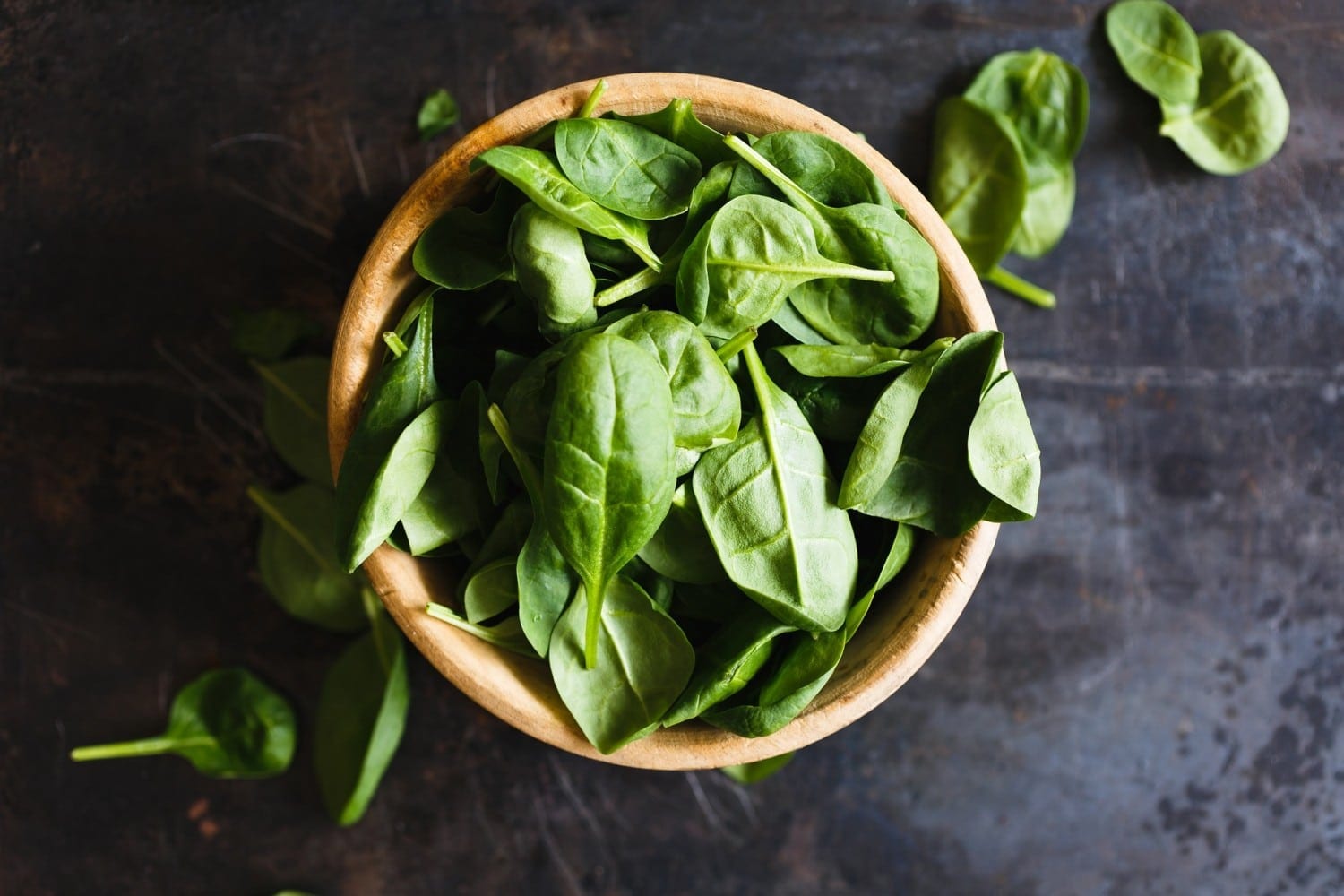We all know we need to get lots of calcium – it’s essential for bone strength, fighting stress and is needed for muscle function. In fact calcium is needed in pretty much every cell in the body, where it works as a regulator, allowing certain chemicals in or out of your cells.
Unfortunately, most people get their calcium from dairy, which isn’t the healthiest source. Although dairy is high in calcium, most of us have difficulty digesting the large proteins that dairy contains (casein) and the sugars (lactose). This means that dairy can cause quite a lot of gut irritation, inflammation and immune activation. An irritated gut can’t absorb nutrients as well, which can lead to nutrient deficiencies and digestive problems.
We’ve been brainwashed by commercials from the dairy industry for years, telling us that if we don’t eat dairy we won’t get enough calcium. This simply isn’t true – there are many foods that are rich in calcium and if you eat a range of these you’ll have no trouble meeting your needs dairy free.
For reference, 100ml of full fat milk contains 120mg of calcium.
1. Sardines (bones included)
500mg calcium per 100g
Sardines are a great source of calcium, If you can get them down. You can have them on toast or crackers, with eggs for breakfast or use them in pasta dishes.
2. Salmon (canned with bones)
215mg calcium per 100g
Like sardines canned salmon owes it’s calcium content to the bones. Pus the cheapest brands will have the most bones and skin – buy these and make it into patties, pasta sauces or have in salads, on toast or sandwiches.
3. Tofu (has to be organic)
510mg of calcium per 500g
Tofu, which is made from soy beans is an excellent source of calcium. You can get hard tofu which is great is stirfrys or soft tofu which can be blended into smoothies, pancakes and even made into desserts.
4. Eggs (organic free range if possible)
200mg of calcium per 2 eggs
Egg yolks are high in calcium as well as being rich in other essential nutrients, like vitamin D, E and A. Include eggs in the diet for breakfast or have boiled eggs as a snack or as the protein in your salad.
5. Spinach (cooked)
240mg of calcium per cup
Spinach, and most other green leafy veggies in fact, is very rich in calcium. To absorb even more of the calcium add a squeeze of lemon juice after cooking to deactivate the oxalic acid, which slight impairs your mineral absorption. Cooking spinach is the best way to get larger amounts in – try sautéing it in some organic butter and using a side.
6. Broccoli (cooked)
180mg calcium per cup
Broccoli is one of the highest calcium containing vegetables. In addition to that broccoli has anti-inflammatory and cancer fighting properties so is the perfect inclusion to any healthy diet.
7. Rocket (raw)
125mg calcium per cup
As with spinach and other green leafy vegetables rocket is also loaded with calcium. Base your salads with rocket and have some on the side of dishes to boost the calcium levels.
8. Figs (dried and fresh)
300mg of calcium per cup of dried figs
Including figs in the diet will help to bolster your calcium intake. You can snack on them, add them to muesli, porridge or trail mixes. Fresh figs are a great addition to salads as well.
9. Sesame seeds (and tahini)
100mg of calcium per tablespoon
Sesame seeds are one of the highest calcium containing foods by weight. The best way to use them is to add tahini into the diet. This sesame seed paste can be spread onto toast and crackers (think peanut butter), added to salad dressings, bliss balls, cakes and slices.
10. Almonds
60mg of calcium per 30g
Most nuts and seeds contain decent levels of calcium, but almonds are one of the highest. You can snack on them, add them to salads or stir-fry’s or make almond milk. Eat the raw ones though over the toasted varieties.
So there you have it – 10 foods that are high in calcium that will keep you bones strong and your body functioning at its peak, even when you’re dairy free.



